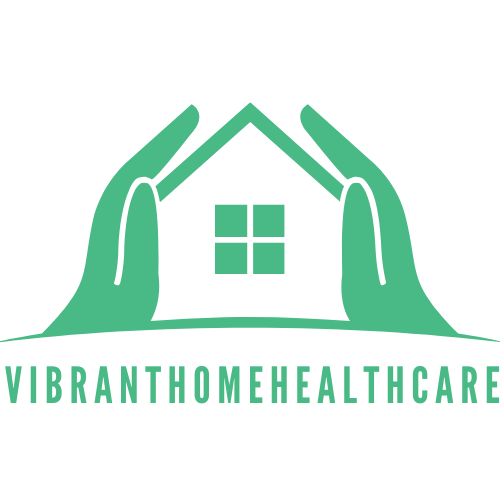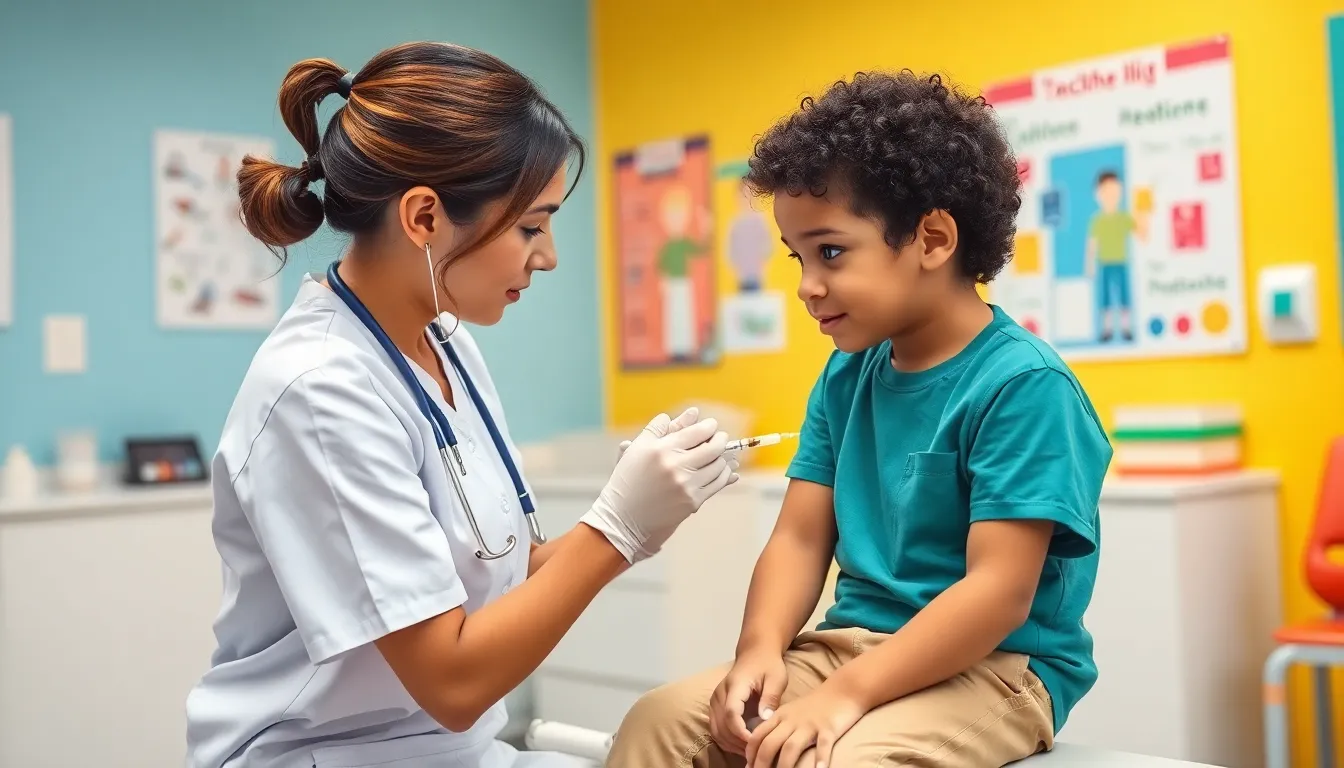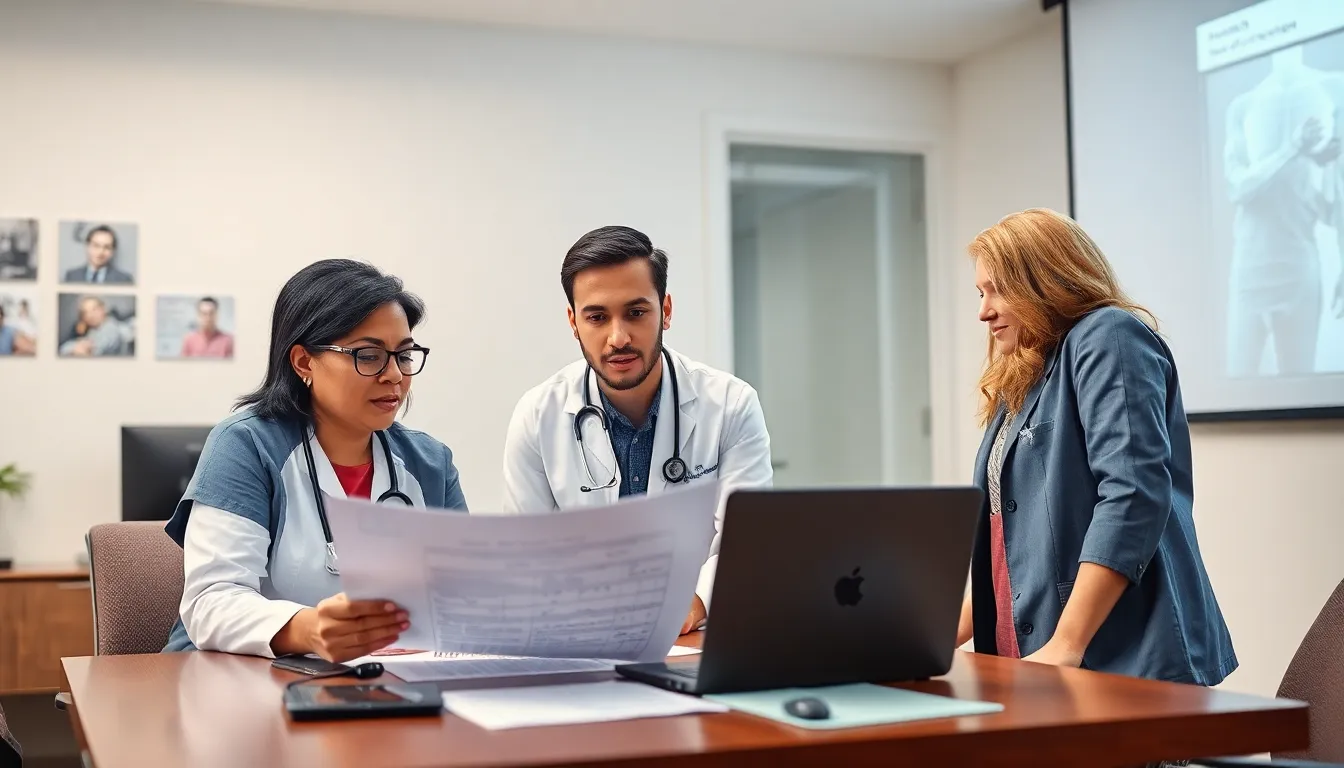Sexual and reproductive health is more than just a fancy term tossed around in health classes. It’s about understanding the body, making informed choices, and ensuring everyone has the right tools to thrive. Imagine a world where everyone feels empowered to talk about their bodies without blushing like a ripe tomato. That’s the dream, right?
Table of Contents
ToggleUnderstanding Sexual And Reproductive Health
Sexual and reproductive health encompasses several critical aspects of well-being. It includes a person’s physical, emotional, mental, and social health in relation to sexuality and reproduction. Comprehensive knowledge helps individuals make informed decisions about their bodies.
Access to education and resources is vital for promoting sexual and reproductive health. This access enables them to understand reproductive processes and the importance of safe practices. Empowerment through knowledge reduces misinformation and fosters healthier lifestyles.
Healthcare providers play a significant role by offering services that support sexual and reproductive health. Services such as family planning, prenatal and postnatal care, and screenings for sexually transmitted infections contribute significantly to overall health outcomes. These services cater to diverse needs, ensuring that everyone can find suitable support.
Communities benefit from open dialogue about sexual and reproductive health. Discussing topics like contraception, consent, and sexually transmitted infections helps break down stigmas. Such conversations foster an inclusive environment that encourages individuals to seek help and ask questions freely.
International guidelines emphasize the importance of promoting sexual and reproductive rights. These rights ensure access to comprehensive health services without discrimination. Respecting these rights is essential for achieving health equity on a global scale.
Overall, understanding sexual and reproductive health requires a combination of education, accessibility, supportive services, and open communication. Prioritizing these elements helps individuals navigate their sexual health more effectively and contributes to a healthier society.
Key Components Of Sexual And Reproductive Health

Understanding the key components of sexual and reproductive health is essential for fostering well-being. This involves several crucial areas.
Sexual Health
Sexual health focuses on the physical, emotional, and social aspects of sexuality. It encompasses healthy relationships, consent, and safe sexual practices. Access to information guides individuals in making informed choices about their sexual lives. Regular screenings for sexually transmitted infections (STIs) protect individuals’ health and their partners’ health. Communication with healthcare providers ensures appropriate services are utilized. Engaging in open conversations about sexual health reduces shame and stigma, encouraging individuals to seek support when needed. Education programs that promote sexual health empower individuals to take charge of their well-being.
Reproductive Health
Reproductive health emphasizes the range of reproductive processes throughout life. It includes family planning, prenatal care, and postnatal care. Access to effective contraception enables individuals to make choices regarding childbearing. Prenatal care supports healthy pregnancies and births, while postnatal care helps new mothers recover and thrive. Comprehensive education about reproductive health equips individuals with knowledge about their bodies. Awareness of rights related to reproductive health promotes equity and access to necessary services. Support systems also play vital roles in navigating issues surrounding fertility and reproductive choices. Ensuring these services are available helps build a healthier population.
Importance Of Sexual And Reproductive Health

Understanding sexual and reproductive health is crucial for overall well-being. This understanding shapes individual lives and community dynamics.
Impact On Individuals
Knowledge enhances personal autonomy. Individuals equipped with information about sexual and reproductive health make informed choices regarding their bodies. Access to healthcare services ensures that they can seek necessary treatments, including contraceptive options and STI screenings. Awareness around their rights fosters confidence in advocating for their health needs. Emotional well-being improves when individuals engage in healthy relationships built on consent and mutual respect. Regular check-ups enable early detection of potential health issues, leading to better outcomes. Thus, education acts as a foundation for healthier lifestyles.
Impact On Communities
Informed communities experience reduced stigma. Open discussions about sexual and reproductive health create a supportive environment, encouraging individuals to seek help without fear of judgment. These conversations promote shared understanding and respect for diverse experiences. Access to comprehensive health services fosters collective well-being, leading to lower rates of unplanned pregnancies and STIs. Healthier choices contribute to improved social dynamics and economic stability. Community collaboration ensures that resources reach those in need, thus enhancing public health initiatives. Overall, strong community awareness leads to a more informed, healthier population.
Challenges To Sexual And Reproductive Health
Challenges persist in achieving optimal sexual and reproductive health. Societal perceptions often hinder access to essential services and information.
Societal Stigmas
Stigmas surrounding sexual and reproductive health create significant obstacles. Many individuals fear judgment when discussing topics like contraception or STIs. Silence fosters misinformation, leading to unhealthy behaviors and decisions. Open conversations in communities can combat these negative perceptions. Education initiatives that promote dialogue diminish shame associated with sexual health issues and build a more supportive environment. By confronting societal stigmas, communities can empower individuals to seek help, thereby enhancing overall well-being.
Access To Services
Access to comprehensive health services remains a critical challenge. Barriers like cost, location, and lack of provider knowledge affect individuals seeking reproductive care. Geographic disparities often result in limited availability of essential services, particularly in rural areas. Certain populations, including marginalized groups, frequently face additional hurdles due to systemic discrimination. Ensuring that services are affordable and accessible is vital for improving health outcomes. Increasing awareness of available resources can support individuals in navigating these challenges effectively. Comprehensive approaches that address these barriers are necessary to foster healthier communities and enhance reproductive health equity.
Understanding sexual and reproductive health is vital for individual and community well-being. By promoting informed choices and open dialogue, society can dismantle stigmas that hinder access to essential services. Comprehensive education and supportive resources empower individuals to navigate their health needs confidently.
Addressing the barriers to access ensures that everyone can benefit from the full spectrum of sexual and reproductive health services. With a collective effort toward fostering awareness and understanding, communities can thrive, leading to healthier lives and improved social dynamics. Embracing these principles paves the way for a future where everyone has the knowledge and support to make informed decisions about their sexual and reproductive health.




